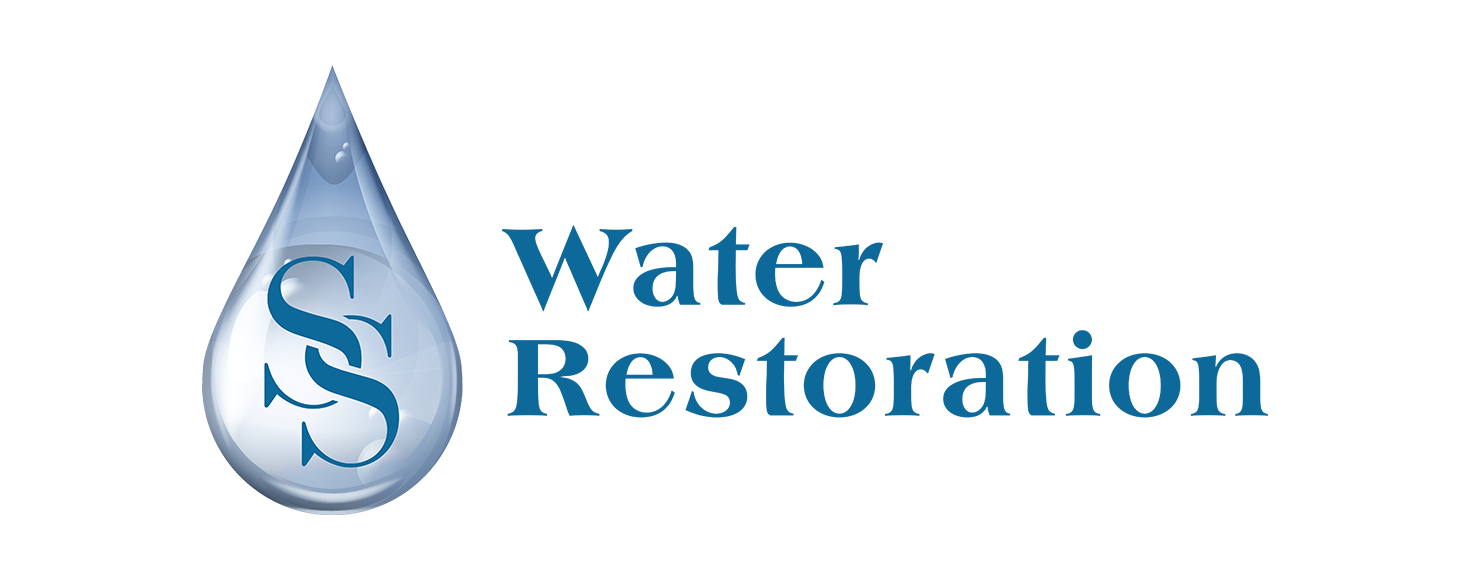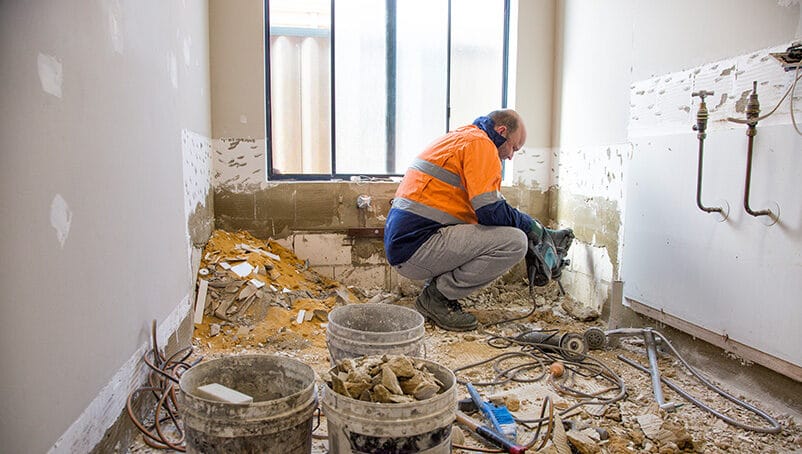The Process of Water Damage Cleaning: Ensuring Your Home Is Brought Back Successfully
Water damages can be a complicated obstacle for house owners, requiring a careful and organized cleanup process to restore security and capability. damage restoration services. Following this, reliable water extraction techniques play a critical function in mitigating additional injury.
Evaluating the Damages
Upon uncovering water damage, the primary step is to completely analyze the extent of the impact. This first analysis is important, as it aids establish the necessary steps for efficient cleaning and reconstruction. Begin by inspecting the impacted areas, consisting of wall surfaces, ceilings, floorings, and individual belongings, to identify the source of the water invasion, whether from flooding, leakages, or condensation.
Recording the damages is essential for both insurance policy cases and planning restoration efforts - damage restoration services. Use photographs and composed notes to catch the severity of the damage, noting any type of damaged architectural components and materials. Pay unique attention to locations that may not be quickly noticeable, such as behind wall surfaces and under rugs, as hidden moisture can lead to more difficulties, including mold and mildew development
In addition, evaluate the timeline of the water direct exposure. The longer the products stay wet, the better the possibility for damage. Understanding the period of direct exposure will inform the necessity of remediation efforts. Inevitably, a detailed assessment prepares for an effective water damage cleaning process, ensuring that all influenced areas are addressed properly and completely.
Water Extraction Techniques
Professionals commonly use submersible pumps for bigger quantities of water, which can rapidly ease flooding in basements or various other affected areas. For smaller quantities, wet/dry vacuum cleaners are frequently made use of to remove recurring moisture from rugs and difficult surface areas. Additionally, making use of portable extractors permits targeted elimination in constrained areas or areas with delicate materials.
In instances of infected water, such as sewer or floodwater, progressed removal techniques may involve making use of biohazard equipment to make sure security and conformity with wellness laws. High-powered removal tools are crucial in minimizing water retention in architectural materials, which can cause mold development and structural damage if not addressed promptly.
Inevitably, the performance of water removal methods plays a crucial function in the general success of the water damages clean-up process, preparing for subsequent reconstruction efforts.
Drying and Dehumidification
Once standing water has been effectively drawn out, the following essential stage in the water damages clean-up process is drying out and dehumidification. This step is necessary to prevent further damages and mold and mildew growth, which can happen within 24 to 48 hours in moist atmospheres.
To attain reliable drying out, specific tools such as industrial-grade air movers and dehumidifiers is used. Air movers distribute air throughout damp surfaces, improving evaporation prices, while dehumidifiers reduce humidity degrees airborne, advertising a helpful setting for drying out. The combination of these tools makes sure that dampness is attracted out from floors, home furnishings, and wall surfaces, permitting them to dry extensively.
It is essential to check the drying process closely. Experts frequently make use of wetness meters to analyze the dampness Continued web content in numerous materials, making certain that all affected areas get to acceptable dryness degrees. This thorough method assists to prevent covert moisture pockets that can bring about architectural damages or harmful mold and mildew growth.

Cleaning and Disinfecting
After the drying out and dehumidification phase is complete, the next crucial step in water damage cleanup is cleansing and sterilizing the affected areas. This process is vital to stop the development of mold and mildew, microorganisms, and other pathogens that grow in damp atmospheres.
The cleaning stage normally involves eliminating any debris, dirt, and pollutants from surfaces using specialized cleaning up representatives. For tough surfaces, a mix of soap and water or business cleaning products is typically employed. Soft materials, such as upholstery and carpetings, may need a lot more comprehensive cleaning approaches, consisting of heavy steam cleansing or deep removal methods, to ensure detailed hygiene.

Sterilizing follows cleansing, making use of EPA-approved disinfectants to get rid of hazardous bacteria. This action is vital, especially in areas that may have entered call with floodwaters or sewage, as these resources can pose significant wellness dangers.
Furthermore, it is essential to deal with any staying smells, which may require using odor neutralizers or advanced techniques like ozone treatment. Proper cleaning and sanitizing not just bring back the safety and health of your home however also prepared for effective reconstruction and repairs in succeeding phases of the water damages cleaning process.
Reconstruction and Repair Work

When the evaluation is full, restoration initiatives can begin. This usually entails fixing or replacing broken products, making certain that all job complies with local building regulations and standards. As an example, if drywall has been compromised, it will require to be gotten rid of and replaced with new product. In addition, flooring might need comparable interest, depending on the degree of water exposure.
It is vital to engage seasoned remediation professionals during this procedure, as they possess the proficiency to manage complex fixings effectively. They can aid reduce possible future issues, such as mold and mildew development or structural instability, hence guaranteeing a habitable and risk-free living setting. Eventually, efficient remediation and fixings recover the home's integrity and improve its general worth.
Verdict
In verdict, Get the facts the procedure of water damage cleanup is crucial for bring back a home to its pre-damage condition. Each stage, from examining the damages to applying reliable water removal strategies, adhered to by comprehensive drying, disinfecting, and necessary repair work, plays a crucial function in ensuring safety and conformity with building requirements. Efficient execution of these actions not just minimizes prompt damage but also boosts the long-lasting stability and worth of the building.
Water damages can be an overwhelming challenge for house owners, necessitating a meticulous and organized clean-up procedure to bring back safety and security read here and capability. Inevitably, a thorough analysis lays the groundwork for an effective water damage cleaning process, making certain that all impacted locations are dealt with properly and completely.
Reliable water extraction strategies are important in minimizing damage and stopping further issues adhering to a water invasion occasion.In verdict, the process of water damages cleaning is crucial for recovering a home to its pre-damage condition. Each phase, from examining the damages to executing efficient water removal techniques, followed by complete drying out, sanitizing, and required fixings, plays an important function in making certain safety and compliance with building requirements.